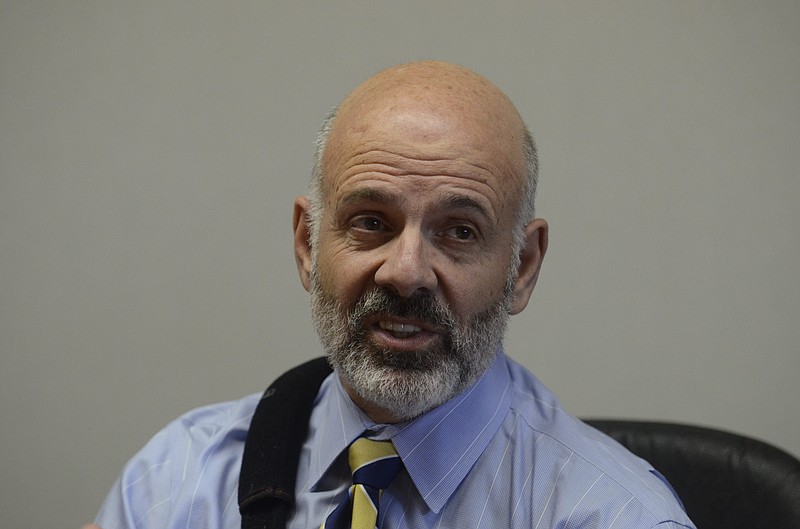KNOXVILLE - The University of Tennessee Board of Trustees has approved bonuses and raises for administrators, including the campus chancellors and UT President Joe DiPietro.
The Knoxville News Sentinel reports at a Friday meeting, the board approved a new compensation package for DiPietro through 2019. It includes 5 percent annual base pay increases if his performance is satisfactory to the board. It also includes annual bonuses of up to 25 percent of base pay and increases in housing and expense allowances.
In total DiPietro will receive up to $696,802 in compensation this year as well as $186,301 in retention bonuses for his performance the past three years.
The board also approved new annual performance-based retention bonuses for all board-elected university officers. The maximum payout will be 15 percent of base salary, except for DiPietro.
Chancellor Jimmy Cheek received a 3 percent base pay increase to $447,492 and a retention bonus for performance from July 2012 to June 2015 of $158,098.
DiPietro said increasing salaries keeps UT competitive, and he intends to close the market pay gaps for faculty and staff.
Before the full board meeting, protesters opposed to Gov. Bill Haslam's possible plan to outsource maintenance and management of state-owned building gathered outside with signs reading, "DiPietro opt out."
Tom Anderson is a purchaser in facilities and a member of United Campus Workers. He said employees have heard the university is against outsourcing but want a public statement.
Following the board meeting, DiPietro said that whether higher education goes along with any outsourcing proposal will depend on what makes the most business sense.
He said a consulting firm found UT had low maintenance costs, which didn't support the business rationale for outsourcing. A team of state and higher education officials along with an independent consultant will review the consultant's report, DiPietro said.
